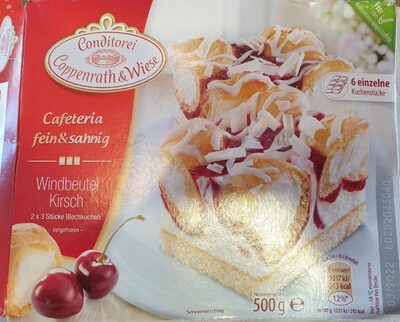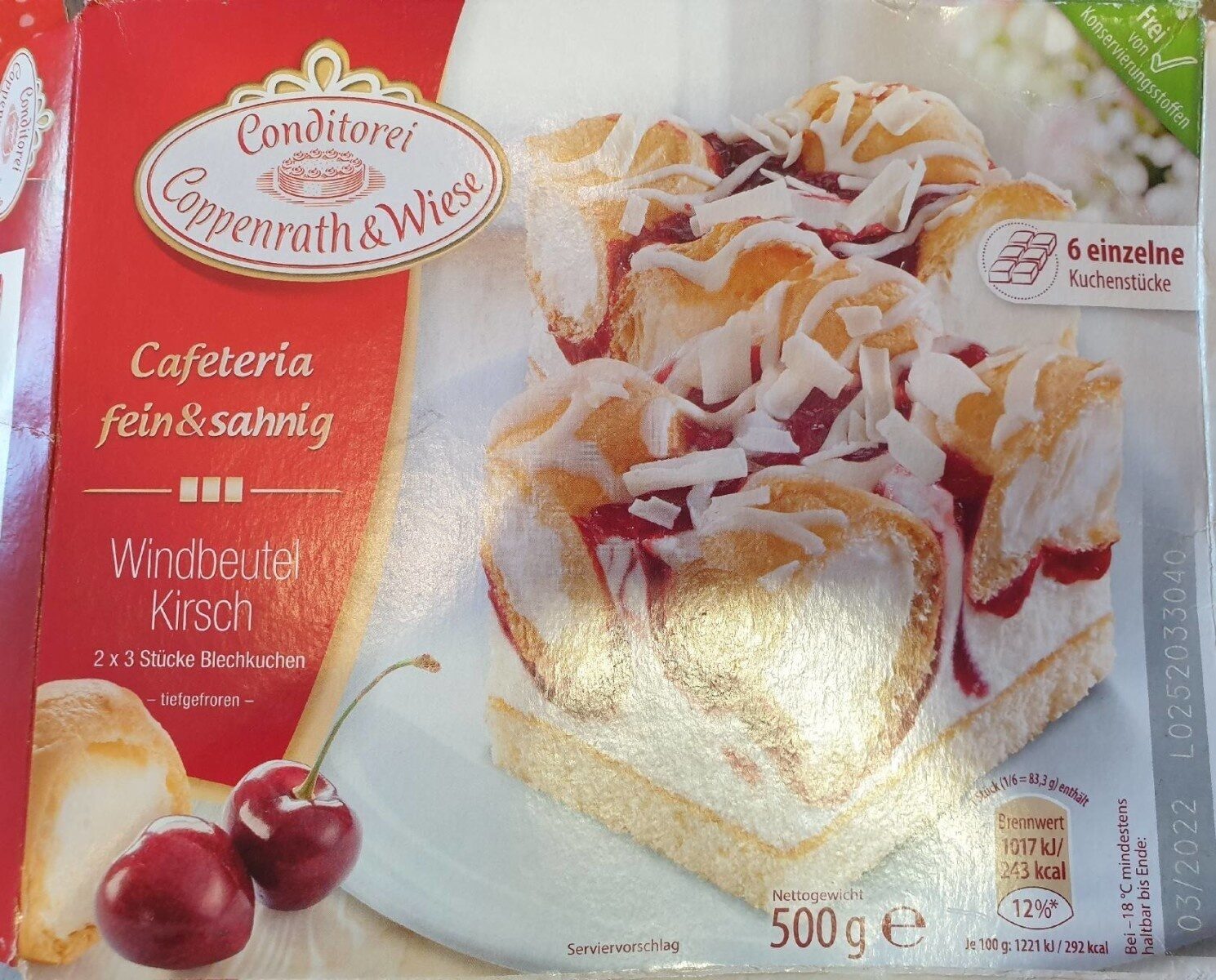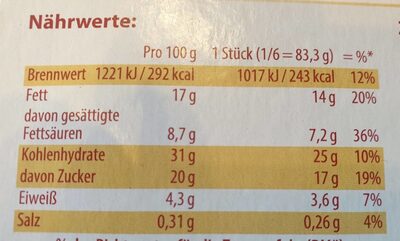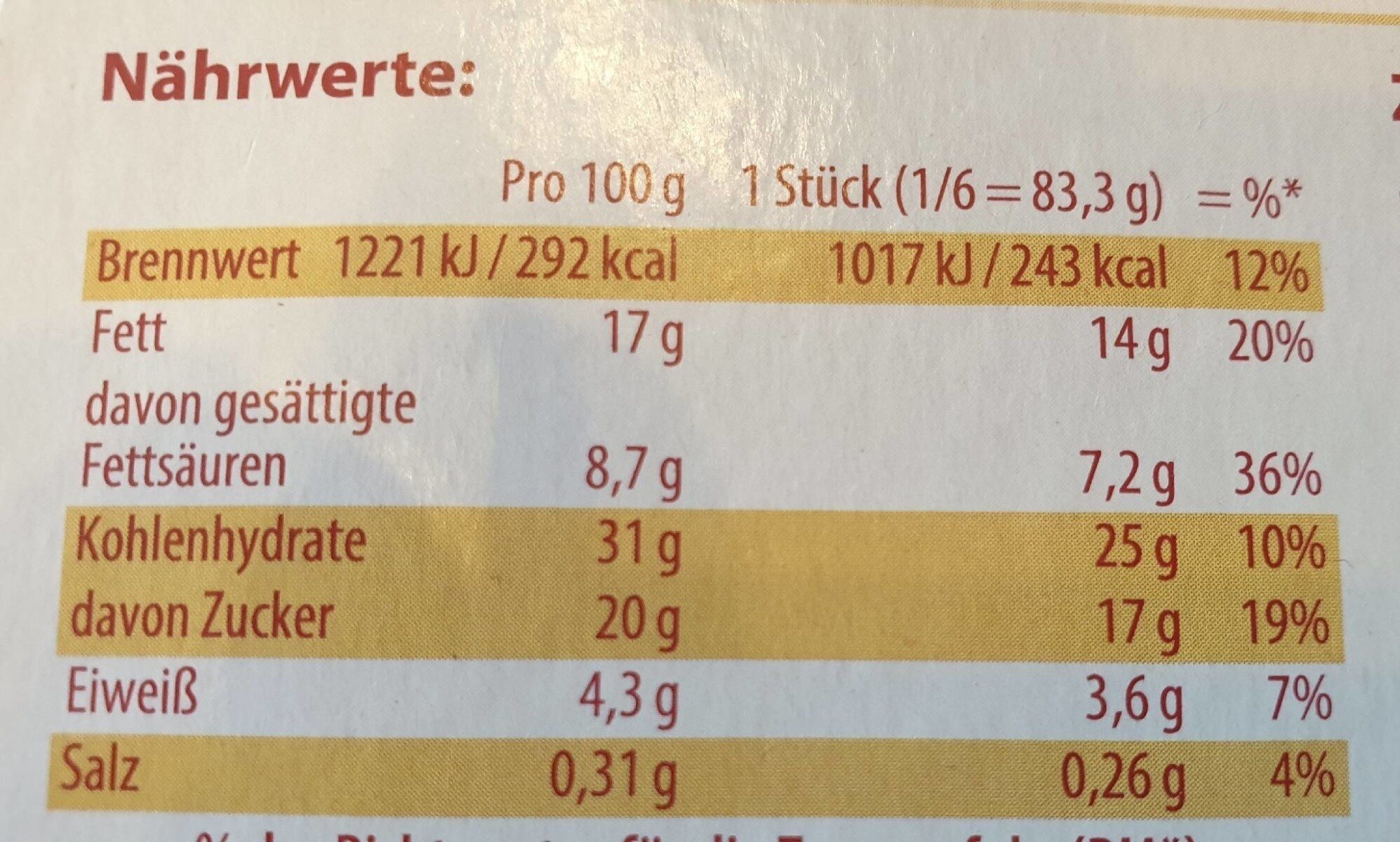Windbeutel Kirsch - Conditorei Coppenrath & Wiese - 500 g
This product page is not complete. You can help to complete it by editing it and adding more data from the photos we have, or by taking more photos using the app for Android or iPhone/iPad. Thank you!
×
Barcode: 4008577020212 (EAN / EAN-13)
Quantity: 500 g
Packaging: Plastic, Box, Cardboard, Film, Paperboard
Brands: Conditorei Coppenrath & Wiese
Categories: Snacks, Sweet snacks, Biscuits and cakes, Cakes
Labels, certifications, awards:
No preservatives, Green Dot
Matching with your preferences
Environment
Packaging
Transportation
Threatened species
Report a problem
Data sources
Product added on by date-limite-app
Last edit of product page on by packbot.
Product page also edited by kiliweb, magerharz, musarana, openfoodfacts-contributors, yuka.sY2b0xO6T85zoF3NwEKvlmVIVfndmRnGZw3Vw1aw-f6pDse0SMld6YPVGKo.
If the data is incomplete or incorrect, you can complete or correct it by editing this page.










